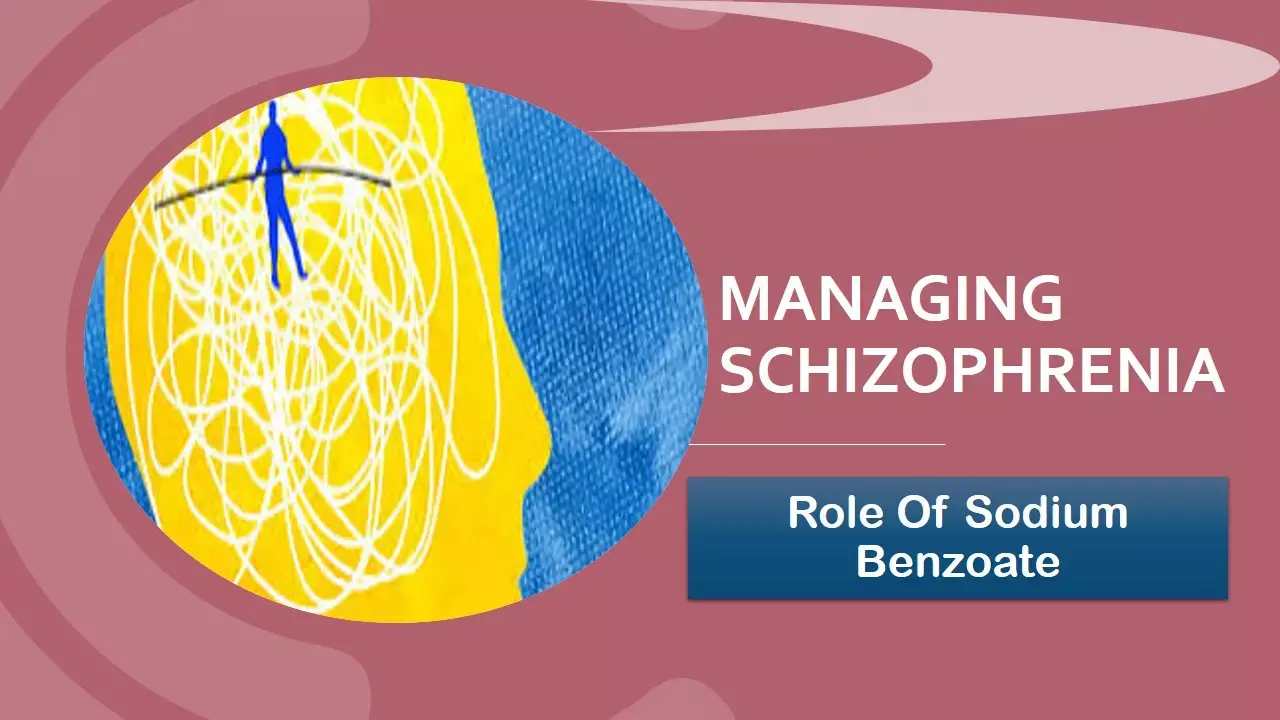- Home
- Medical news & Guidelines
- Anesthesiology
- Cardiology and CTVS
- Critical Care
- Dentistry
- Dermatology
- Diabetes and Endocrinology
- ENT
- Gastroenterology
- Medicine
- Nephrology
- Neurology
- Obstretics-Gynaecology
- Oncology
- Ophthalmology
- Orthopaedics
- Pediatrics-Neonatology
- Psychiatry
- Pulmonology
- Radiology
- Surgery
- Urology
- Laboratory Medicine
- Diet
- Nursing
- Paramedical
- Physiotherapy
- Health news
- Fact Check
- Bone Health Fact Check
- Brain Health Fact Check
- Cancer Related Fact Check
- Child Care Fact Check
- Dental and oral health fact check
- Diabetes and metabolic health fact check
- Diet and Nutrition Fact Check
- Eye and ENT Care Fact Check
- Fitness fact check
- Gut health fact check
- Heart health fact check
- Kidney health fact check
- Medical education fact check
- Men's health fact check
- Respiratory fact check
- Skin and hair care fact check
- Vaccine and Immunization fact check
- Women's health fact check
- AYUSH
- State News
- Andaman and Nicobar Islands
- Andhra Pradesh
- Arunachal Pradesh
- Assam
- Bihar
- Chandigarh
- Chattisgarh
- Dadra and Nagar Haveli
- Daman and Diu
- Delhi
- Goa
- Gujarat
- Haryana
- Himachal Pradesh
- Jammu & Kashmir
- Jharkhand
- Karnataka
- Kerala
- Ladakh
- Lakshadweep
- Madhya Pradesh
- Maharashtra
- Manipur
- Meghalaya
- Mizoram
- Nagaland
- Odisha
- Puducherry
- Punjab
- Rajasthan
- Sikkim
- Tamil Nadu
- Telangana
- Tripura
- Uttar Pradesh
- Uttrakhand
- West Bengal
- Medical Education
- Industry
Sodium benzoate can alleviate positive symptoms of schizophrenia finds meta-analysis

Add on therapy with sodium benzoate in the management of schizophrenia has received attention in recent times. In the latest issue of Asian Journal of Psychiatry, Seetharam et al have published a meta-analysis on the efficacy and safety of add-on sodium benzoate and have found a beneficial role in the treatment of schizophrenia.
Schizophrenia is a chronic, severe and debilitating mental disorder. The enhancement of the NMDA receptor function has been implicated in the improvement of the cognitive impairment in schizophrenic patients. Previous clinical trials evaluating the efficacy and safety of sodium benzoate- an NMDA channel enhancer- in schizophrenia have yielded contradictory and inconclusive results.
Randomised, controlled clinical trials which evaluated the effect of sodium benzoate on symptoms of schizophrenia as an outcome measure were included in this meta-analysis.
Types of intervention were:
1. Experimental intervention: Sodium benzoate 1000–2000 mg per day as adjunctive therapy to the current standard treatment for schizophrenia.
2. Control intervention: Add-on placebo or any other NMDA-enhancing agents will be considered as a comparator.
Various scales used were Positive and Negative Syndrome Scale (PANSS) score between the groups at 6-week follow-up (primary outcome)
For secondary outcome, Global Assessment of Function (GAF), Clinical Global Impression Scale (CGI), quality-of-life scale (QOLS) score and global composite score (cognitive function) between the groups were compared at follow-up.
Adverse effect assessments included the Simpson-Angus Rating scale for extrapyramidal symptoms, Abnormal Involuntary Movement Scale (AIMS) for dyskinesia, Barnes Akathisia Scale, and occurrence of systemic treatment-emergent adverse events other than extrapyramidal symptoms.
Findings from the analysis were:
1. Add-on sodium benzoate can improve positive symptoms of schizophrenia significantly but had no significant favourable effect on negative symptoms, general psychopathology, and total PANSS score compared to control group.
2. There was no significant improvement in GAF, CGI, cognitive function and quality of life.
3. Extrapyramidal symptoms were significantly higher (p = 0.0002) in the sodium benzoate group in comparison to the control group.
The results of the present meta-analysis have revealed that add-on sodium benzoate can reduce the positive symptoms of schizophrenia significantly; however, there was no significant improvement in negative symptoms, general psychopathology and total PANSS score.
Why only positive symptoms benefit?
The recently emphasized hypothesis states that the loss of synaptic spines with NMDA receptors, which can be precipitated by stress, can explain the emergence of positive symptoms. This hypothesis may explain the finding of the efficacy of sodium benzoate in positive symptoms but not in negative symptoms
Future multicentric clinical trials on add-on sodium benzoate may be conducted in patients with schizophrenia, especially in patients with predominantly positive symptoms or refractory population, to generate conclusive evidence. However this analysis strengthens the emerging evidence that the pathophysiology of schizophrenia extends beyond the much targeted dopaminergic dysregulation.
Source: Asian Journal of Psychiatry: https://doi.org/10.1016/j.ajp.2021.102947
M.B.B.S, M.D. Psychiatry
M.B.B.S, M.D. Psychiatry (Teerthanker Mahavir University, U.P.) Currently working as Senior Resident in Department of Psychiatry, Institute of Human Behaviour and Allied Sciences (IHBAS) Dilshad Garden, New Delhi. Actively involved in various research activities of the department.
Dr Kamal Kant Kohli-MBBS, DTCD- a chest specialist with more than 30 years of practice and a flair for writing clinical articles, Dr Kamal Kant Kohli joined Medical Dialogues as a Chief Editor of Medical News. Besides writing articles, as an editor, he proofreads and verifies all the medical content published on Medical Dialogues including those coming from journals, studies,medical conferences,guidelines etc. Email: drkohli@medicaldialogues.in. Contact no. 011-43720751


